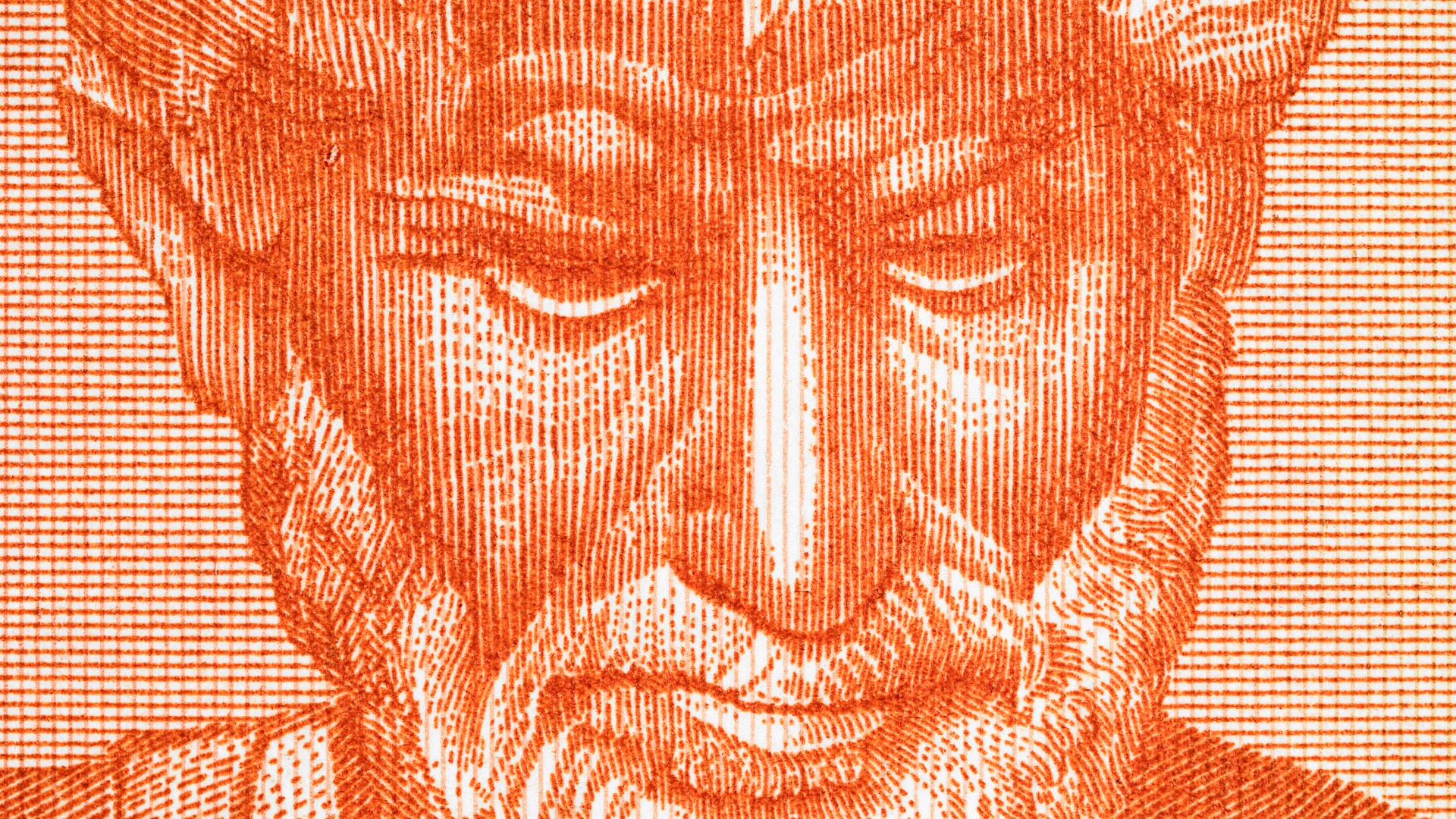Matthew Nisbet walks a fine line in the age-old debate between religion and science.
Matthew Nisbet: Well, Richard Dawkins is very good at framing science for his audience, so as in running popular science books for a world wide audience of people who already have a strong interest in science, he's been a great translator. He's discovered the metaphors, he's discovered the stories, the examples that really unlock complexity for his popular science audience, gets them to understand better the complexity of evolutionary science. When he's now moved into being an Atheist leader, he's very good in the God Delusion at writing for an audience of atheists, people already critical of religion or people who are questioning. And what he does, much like Bill O'Reilly might do on the "O'Reilly Factor," he provides talking points and simplifies the arguments against religion and connecting how science might be used as a way to argue against religion and people come away from that book with their preexisting opinions intensified and also with a lot of talking points to express their opinion. So, in fact he's a social movement leader now, he's mobilized, he's intensified a movement that's critical of religion, but when you move then from his natural audience out into kind of the swing public, people who appreciate science but also may be moderately religious, they attend church, they have friends and family who are religious. They probably lack the motivation and the interest to actually buy his book, but they do see "Time Magazine" covers that say "Science Versus God" or they might catch a snippet of one of his sound bites where he compares religion to child abuse or religion to fairies or hobgoblins, and he becomes then the very leading example for Christian Fundamentalists to say "Hey, everything we've told you about science and religion being in conflict, here's Richard Dawkins, this leading theorist about evolution, he's saying exactly what we've told you has always been true is that getting evolution in schools is really a way to undermine religion." Richard Dawkins actually says "If you learn about evolution, you're probably going to be less religious," or "Evolutionary science is in direct conflict with religion." And so in that case he can be a polarizing figure. He can actually be used by the other side to undermine the teaching of evolution in schools at least in the United States.
Question: What are scientists’ most common objections to your advice?
Matthew Nisbet: Well, the strongest objections are what I call the Richard Dawkins School of Communication. Many of these people are out there on the blogosphere, they feel very intensely about the connection between science and religion. They take the viewpoint that science undermines the validity of any religious belief, in fact, even respect for religion. And so, their reaction is that to say that science and religion are not in conflict, to present evolutionary science in any way other than just talking about the facts of the science is not being true to the science, it's spin, it's dishonest. I've been called a Neville Chamberlain atheist because I'm an appeaser and an enabler of people who believe in religion or in God. On the other hand other scientists have a concern that this might just translate into spin. And that's something that science institutions should always be careful about and that's why we always insist when talking about climate change, when talking about evolutionary science, when you package that information in a way that connects to a nontraditional public, a non-science audience you always have to remain true to the science. And in stem cell research that's a great example in some cases where the reframing around that issue around social progress, the ability to lead to cures and therapies has gone beyond the state of the science, the uncertainty when therapies can be available. Often times this has been promoted by politicians such as John Edwards who in 2004 said "If John Kerry is elected president," he was campaigning for Kerry for vice president, "Christopher Reeve would get up out of a wheelchair and walk again." Of course this goes well beyond any type of timeline or therapy we might have available in the foreseeable future and that's an example where you can go beyond the science and when you do that you risk public trust, so you always have to be careful. But certainly no one would ever suggest that E.O. Wilson in writing "The Creation" growing the audience for science by connecting to religious values or the National Academies in doing audience research as a way to communicate evolution, no one ever suggests that E.O. Wilson or the National Academies are spinning the science or being untruthful about the science.





